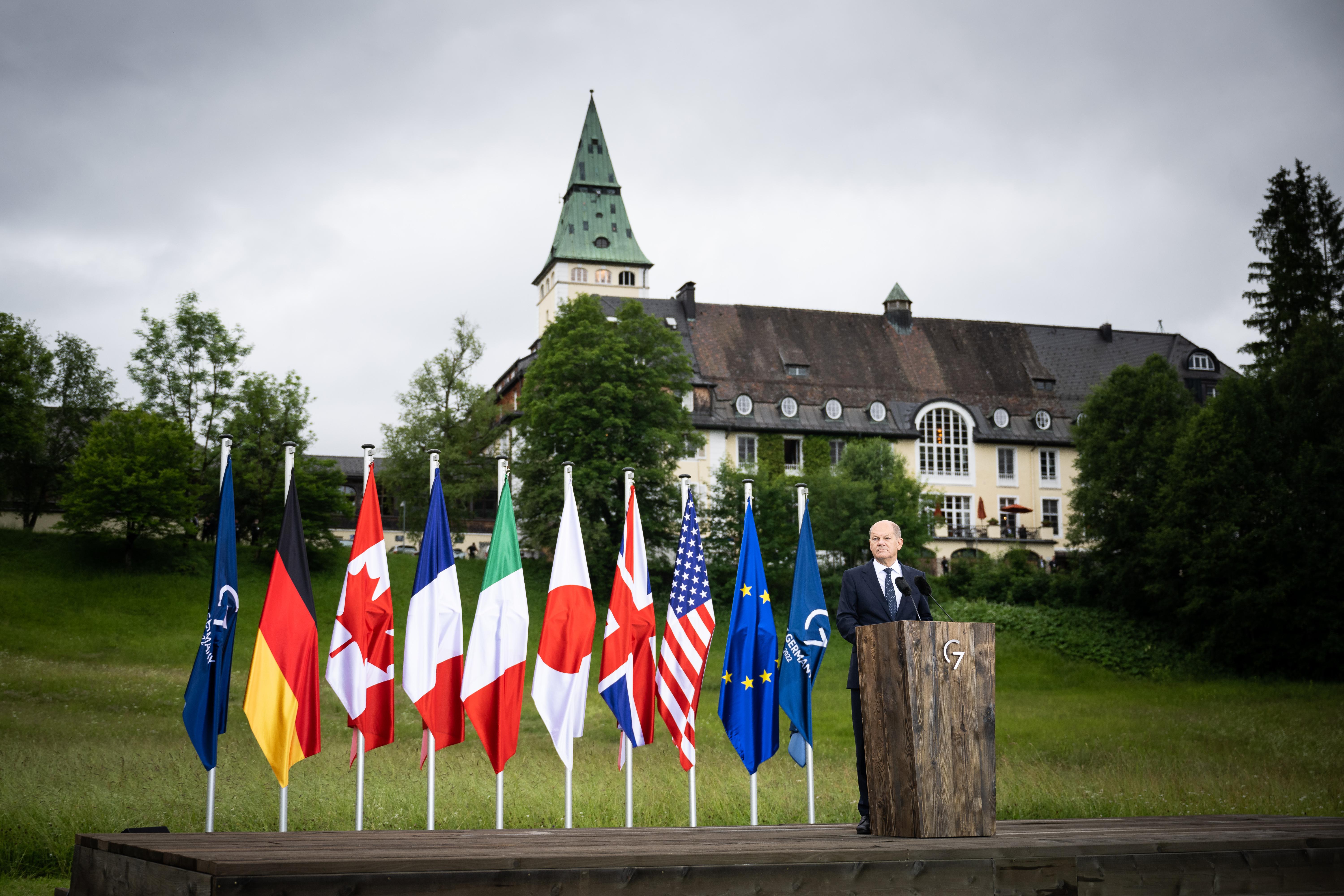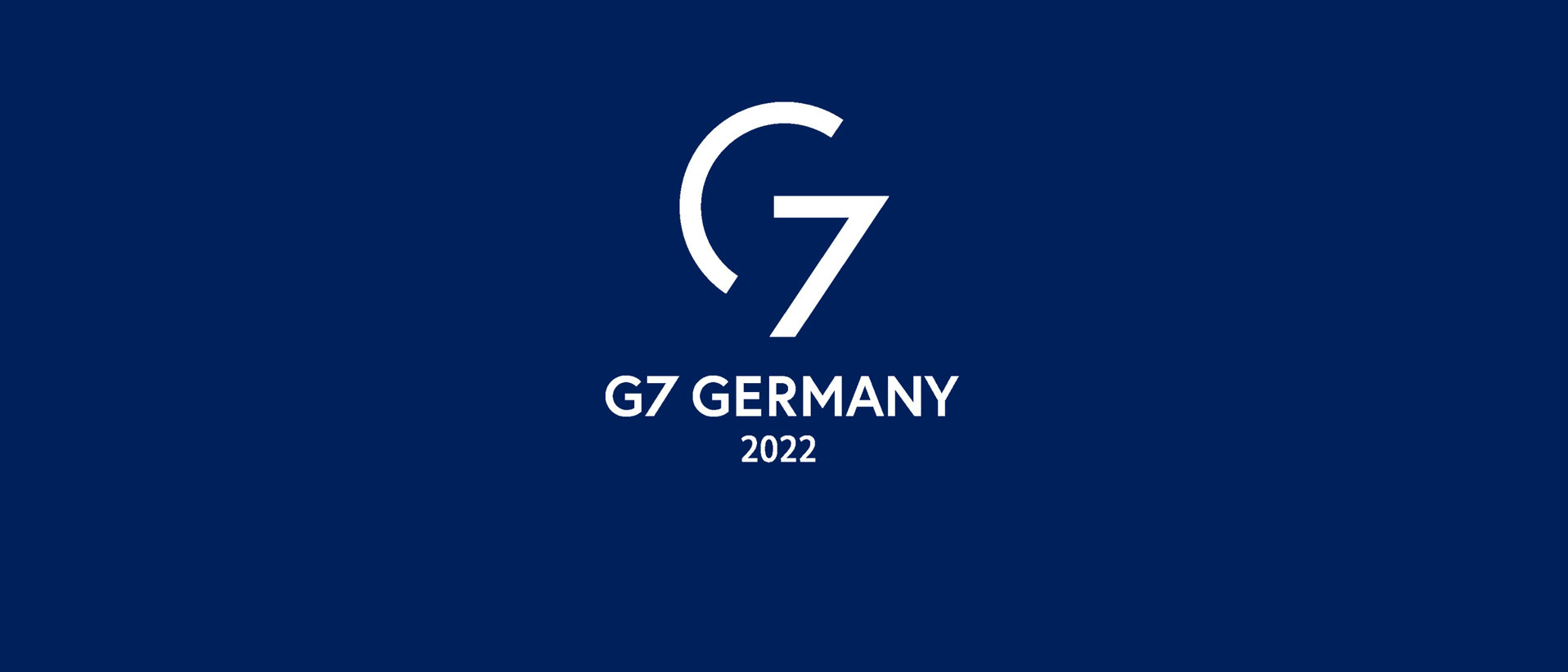
The G7 is not an official international organisation, but its members use the meetings as an opportunity to discuss global political issues and vote on common positions and goals. The most recent G7 Summit between heads of state and government was held at the end of June 2022 in Elmau, Germany. There the G7 discussed their common policy regarding the Russian invasion of Ukraine and spoke to Ukrainian President Zelenskyy via video link.
The foreign ministers of the seven states will meet in Münster, Germany in early November. This means that Germany will be represented by Foreign Minister Annalena Baerbock. The last meeting of this kind took place at Schloss Weissenhaus in North Germany in mid-May. There, the focus was on the Russian blockade of Ukrainian grain exports and dealing with frozen Russian assets.
The expert meeting begins on Thursday, 3 November with the reception of the foreign ministers in the town hall and ends on Friday, 4 November with the closing speech by Foreign Minister Baerbock.
Sustainability and Economic Stability fill the Agenda
The reason that the G7 Summit and these meetings between ministers are currently taking place in Germany is that the country holds the G7 Presidency for 2022 since taking over from the United Kingdom at the start of the year. The G7’s informal structure means that the presidency is especially important. It is responsible for the organisation and agendas of the summits and meetings. Under the motto “progress towards an equitable world”, the German G7 agenda covers issues such as economic stability and healthy living, all of which will be intertwined with the key topic of sustainability.
The current G7 was formed in 1975 as the Group of Six (G6), with Canada joining in 1976 to become the seventh member. Back then, core issues included monetary policy and the first major oil crisis. The group would then become the G8 with the addition of Russia in 1998, until it was excluded in 2014 in response to its annexation of Crimea. However, the seven member states only make up the core group of the meetings and discussions. For example, the European Union only has an observer role in principle, and is represented at the meetings by president of the European Council, Charles Michel, and president of the European Commission, Ursula von der Leyen.
Inclusion of Civil Society and Partner Countries
The German Government is also placing great emphasis on dialogue with civil society and partner countries during its presidency. This includes representatives from business (Business7), science (Science7) and youth (Youth7), as well as this year’s partner countries, Argentina, India, Indonesia, Senegal and South Africa, plus other international organisations such as the World Health Organisation (WHO) and the G7 Gender Equality Advisory Council (GEAC). They all have the opportunity to take positions on G7 topics and make recommendations to heads of state and government in various dialogue forums. The inclusion of these additional parties in the working process of the G7 is a longstanding tradition, and is the responsibility of the G7 Presidency.
The meeting of the G7 foreign ministers in Münster in early November, as well as the expert meeting of the interior ministers from 16 to 18 November in Eltville, will be the final such events of the German G7 Presidency before the baton is passed to Japan at the end of the year.
